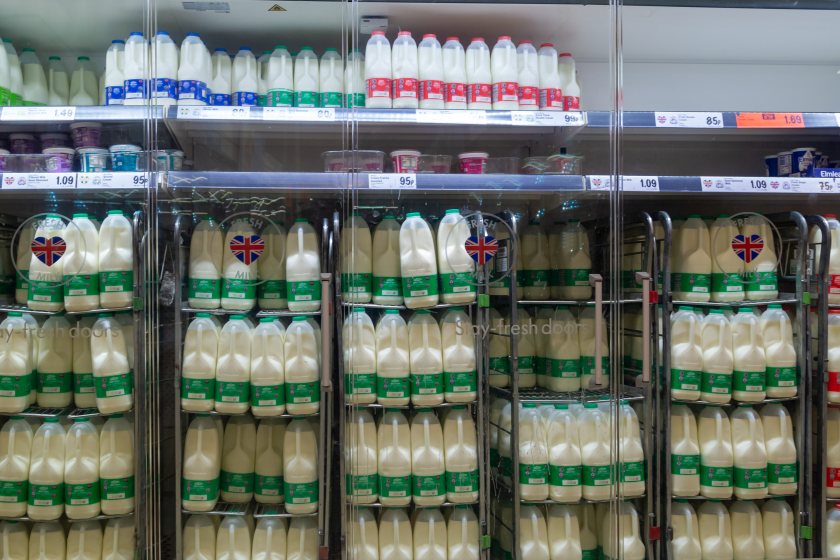New scientific review confirms dairy's vital role in UK health and sustainability

A major new scientific review has concluded that dairy plays a vital role in both healthy UK diets and the country’s wider environmental goals, bringing fresh clarity to a debate often marked by polarised claims.
The report, published by AHDB, comes at a time when dairy’s nutritional and environmental reputation is under intense scrutiny. Conflicting claims on emissions, the rise of plant-based alternatives and social media misinformation have made it harder for consumers — and even policymakers — to separate evidence from ideology.
AHDB says the review aims to bring scientific consistency back into the discussion. Co-written by independent nutritionists and specialists in human health and environmental science, it provides one of the most comprehensive assessments of dairy’s nutritional value and sustainability performance to date. It follows a similar evidence review published earlier this year on red meat.
Rachael Madeley-Davies, AHDB’s head of environment, said dairy’s contribution has been widely debated in recent years, but the available science is often fragmented.
She said the new review “brings together the evidence to show that UK dairy farming is not only efficient but actively working towards sustainability targets,” noting that the sector is “among the most efficient and sustainable globally, with emissions intensity down 22% since 1990.”
On health, the review finds that dairy remains a cornerstone of balanced, sustainable diets and is one of the most cost-effective ways to address nutrient deficiencies in the UK.
It highlights the sector’s contribution of calcium, iodine, vitamin B12, riboflavin and high-quality protein, and stresses that its nutritional value lies not merely in isolated nutrients, but in dairy as a whole food.
The authors note that dairy’s nutrient density can be especially important for groups with higher requirements, such as children, adolescents, pregnant women and older adults.
The report also emphasises affordability — an increasingly important factor amid rising food prices — arguing that dairy provides high nutritional value at lower cost compared with many alternative sources of equivalent nutrients.
On the environment, the authors say well-managed livestock systems can deliver benefits beyond food production, including carbon storage, improved soil health and habitat management, all supporting the UK’s net zero ambitions.
Kate Arthur, AHDB’s head of nutrition and health, said: “Dairy is a cornerstone of UK nutrition, supplying essential nutrients like calcium, iodine and high-quality protein through all stages of life.”
She added that the organisation hopes the report will provide “a science-led foundation for marketing and policy” and strengthen dairy’s position in ongoing health and sustainability discussions.
The full report, Balancing health and sustainability: the role of dairy in the UK diet, is intended to give an independent, UK-focused summary of the evidence and help move the national conversation towards a more constructive and pragmatic footing.








